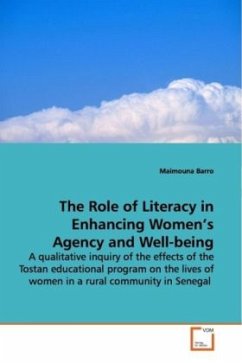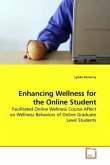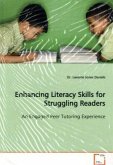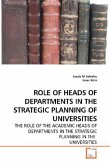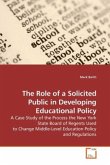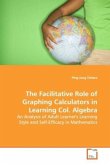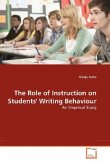Non-Governmental Organizations (NGO's) are often
viewed as the indisputable new actors in providing
educational programs for women in developing
countries. However, there is a paucity of research
showing how successful these programs prove to be in
catering to women s needs and in bringing about
meaningful changes in their lives. More importantly,
there is paucity of field-based research using the
voices of women as prime data to explore the extent
to which these literacy programs have effects on
their lives. This study examines the effects of the
NGO Tostan s educational program on the lives of
women in a rural community in Senegal, and ways in
which it affects their agency and well-being.The
study progressed on the assumption that any literacy
program that seeks to be successful in improving
people's lives should develop greater sensitivity to
local kinds of knowledge and culture. The findings
suggest that it is not literacy per se, but the
overall empowering education process in which women
gained access to skills, knowledge, and greater
awareness, that allowed them to critically reflect on
their social reality and take collective action to
transform it.
viewed as the indisputable new actors in providing
educational programs for women in developing
countries. However, there is a paucity of research
showing how successful these programs prove to be in
catering to women s needs and in bringing about
meaningful changes in their lives. More importantly,
there is paucity of field-based research using the
voices of women as prime data to explore the extent
to which these literacy programs have effects on
their lives. This study examines the effects of the
NGO Tostan s educational program on the lives of
women in a rural community in Senegal, and ways in
which it affects their agency and well-being.The
study progressed on the assumption that any literacy
program that seeks to be successful in improving
people's lives should develop greater sensitivity to
local kinds of knowledge and culture. The findings
suggest that it is not literacy per se, but the
overall empowering education process in which women
gained access to skills, knowledge, and greater
awareness, that allowed them to critically reflect on
their social reality and take collective action to
transform it.

